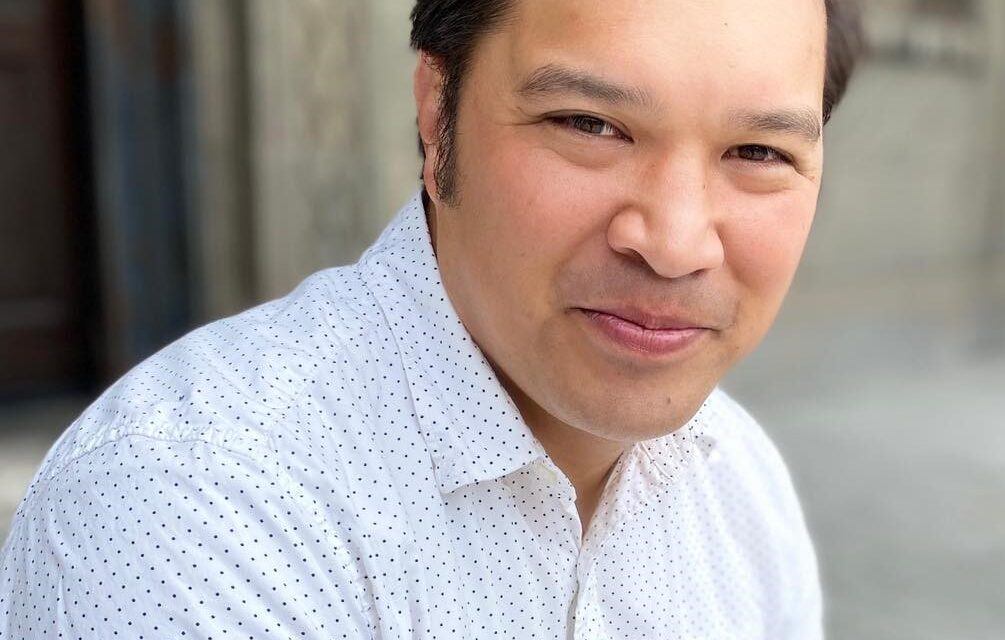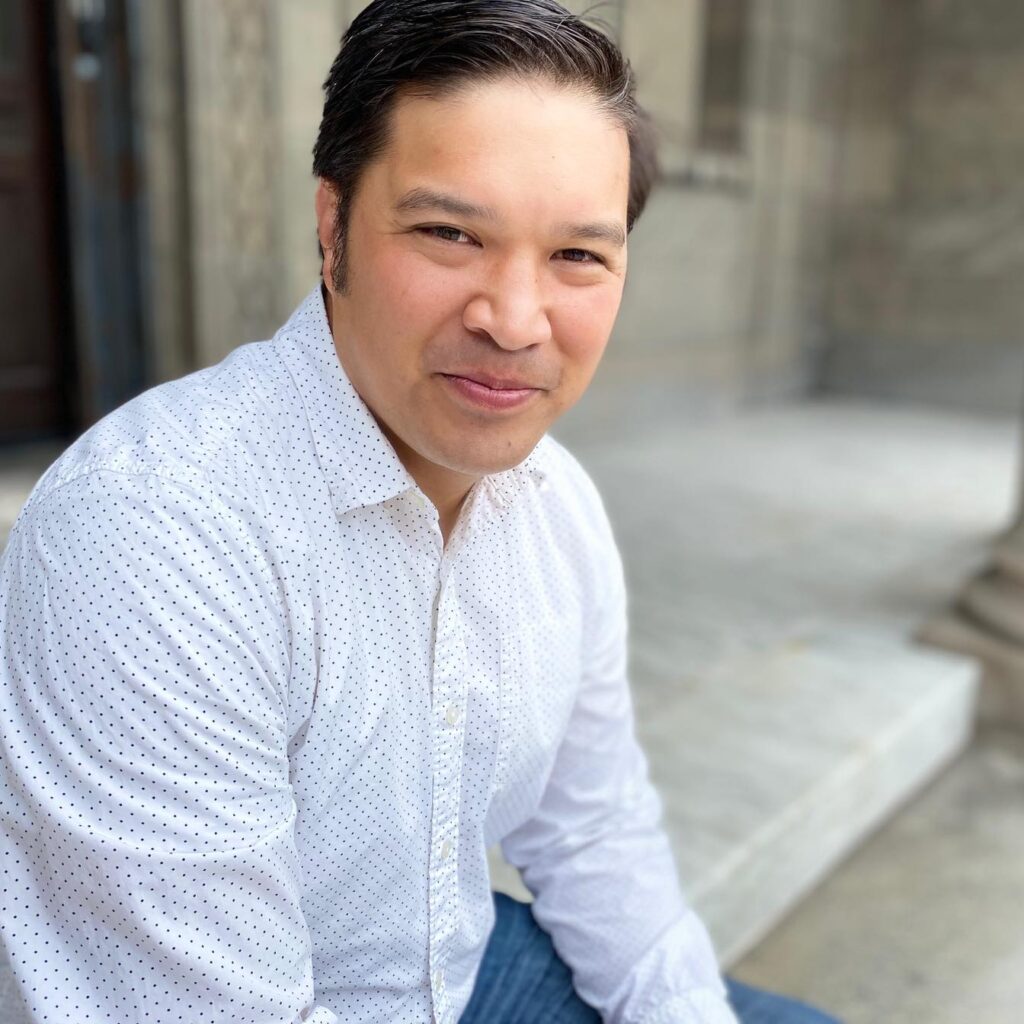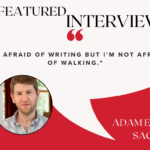Associate Editor Lisa Low: In Albert Abonado’s “Poem as Manananggal Always Looking for the Moon,” the mythical creature is reimagined as a poem that “arrives at night / its lower half hidden // on an empty school bus / or perhaps a sinkhole // the city ignored despite the petitions.” Throughout the poem, white space characterizes not only the sinkhole but also the stop-and-go process through which the young speaker makes sense of migration and identity. Part-self portrait, part–ars poetica, Abonado’s poem powerfully reframes writing in the context of diaspora.
To hear Albert read his poem, click below:
Poem as Manananggal Always Looking for the Moon
a fractured poem arrives at night its lower half hidden
on an empty school bus or perhaps a sinkhole
the city ignored despite the petitions you know what
to do next smear garlic or ash around
the waist when split open a poem cannot
be sustained in sunlight go
for a walk eat a spicy hot dog and leave
a trail of salt behind you avoid any tongue
that is hollow but claims to be full poems
that shrivel the belly how does the poem know
where it can be broken you take classes
to answer these exact questions this is why
your family came to America why you forget
the names of your titas the poem asks you
to draw your face from memory
you start with a map trace the route
to the center city of your mouth barangay
the word your mother used in the margins
of your portrait the poem leaves
a note in red of course the poem
that swallows the lost asks how
do I get here who is this supposed to be
Albert Abonado is the author of JAW (Sundress Publications, 2020). He has received fellowships from the National Endowment for the Arts and the New York Foundation for the Arts. His work has appeared in Colorado Review, Poetry Northwest, The Margins, The Laurel Review, Zone 3, and others. He teaches creative writing at SUNY Geneseo and RIT. He lives in Rochester, New York, with his wife and a hamster.
For more miCRo pieces, CLICK HERE












